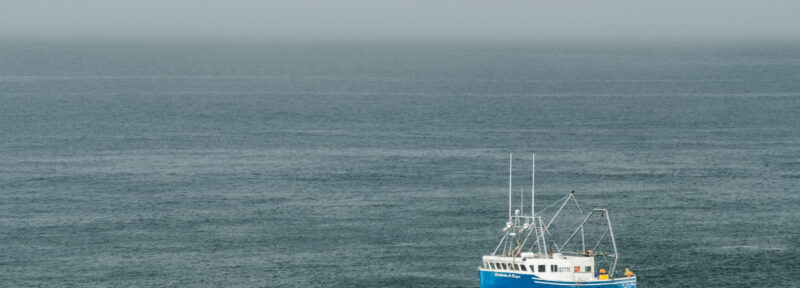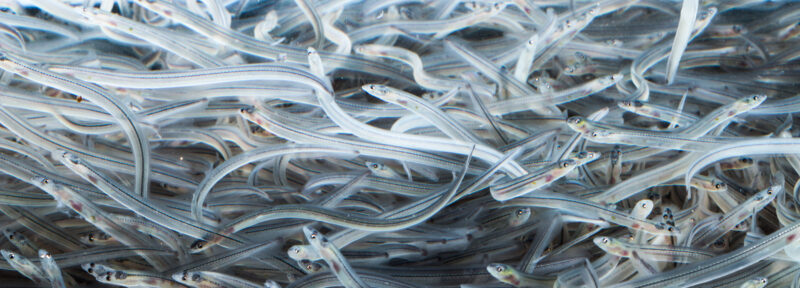Tuna Commission Agrees to Historic Management Procedure for Atlantic Bluefin Tuna Sustainability
FOR IMMEDIATE RELEASE
HALIFAX—Today, the International Commission for the Conservation of Atlantic Tunas (ICCAT) agreed to adopt a historic new management procedure that will guide quota setting for western and eastern stocks of Atlantic bluefin tuna. The announcement follows the conclusion of ICCAT’s 23rd special meeting in Vale do Lobo, Portugal.
The new management approach differs from the traditional stock assessment as it offers more certainty that future quota decisions will balance stock health with desirable catch levels in the face of uncertainties and competing objectives. Atlantic bluefin tuna are an important source of revenue for Atlantic Canadian harvesters and coastal communities, bringing in $7.7 million in 2020.
The management procedure was adopted after almost a decade of work that included consultation with Canadian Indigenous groups, industry and ENGOs, as well as input from Canadian scientists. The quota for the western bluefin tuna stock, which Canada fishes, will remain at the status quo of 2,726 tonnes for 2023 through 2025 under this plan. The next quota decision, which will happen in three years, will be guided by the procedure and the health of the stock.
“Not so long ago, ICCAT and Atlantic bluefin tuna were the poster children for fisheries mismanagement. Today, we congratulate ICCAT and Canada for the role they played in adopting this management procedure that will provide more certainty and stability in Atlantic bluefin tuna management,” says Katie Schleit, Senior Fisheries Advisor at Oceans North. “This agreement should take a lot of the politics out of decision making, for the benefit of both tuna and the harvesters.”
ICCAT also agreed to a resolution on climate change, co-sponsored by Canada. The resolution calls on the Commission to further consider the impacts of climate change on ICCAT species and fishing activities, as well as consider actions that can be taken to mitigate potential impacts.
For more information, please contact:
Alex Tesar
Communications Manager
[email protected]
Katie Schleit
Senior Fisheries Advisor
[email protected]




